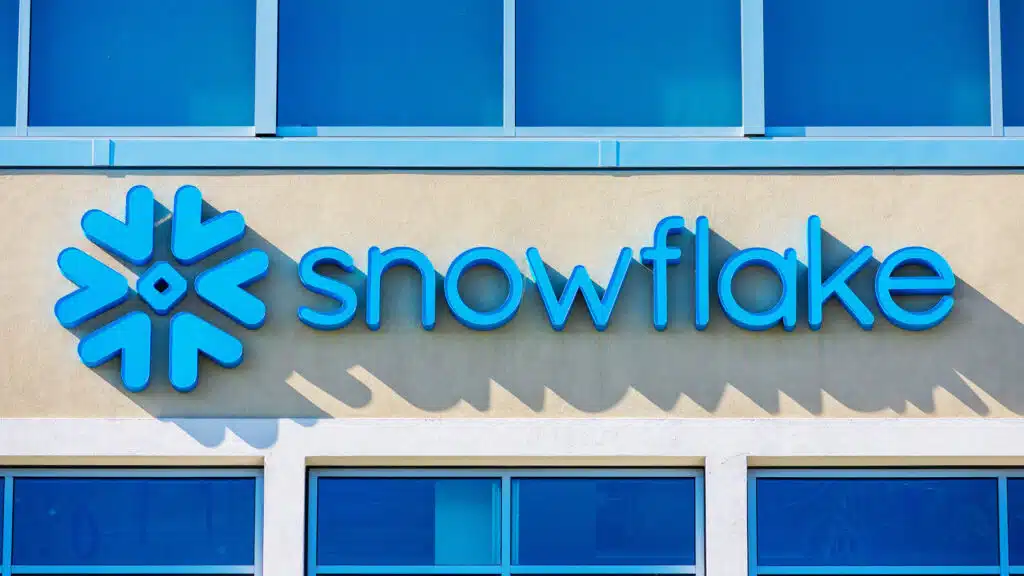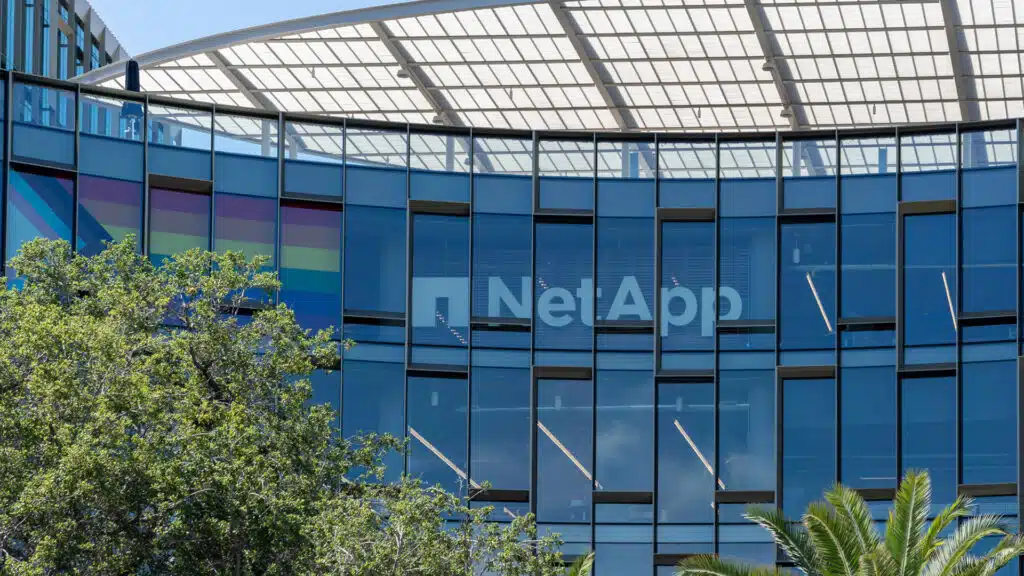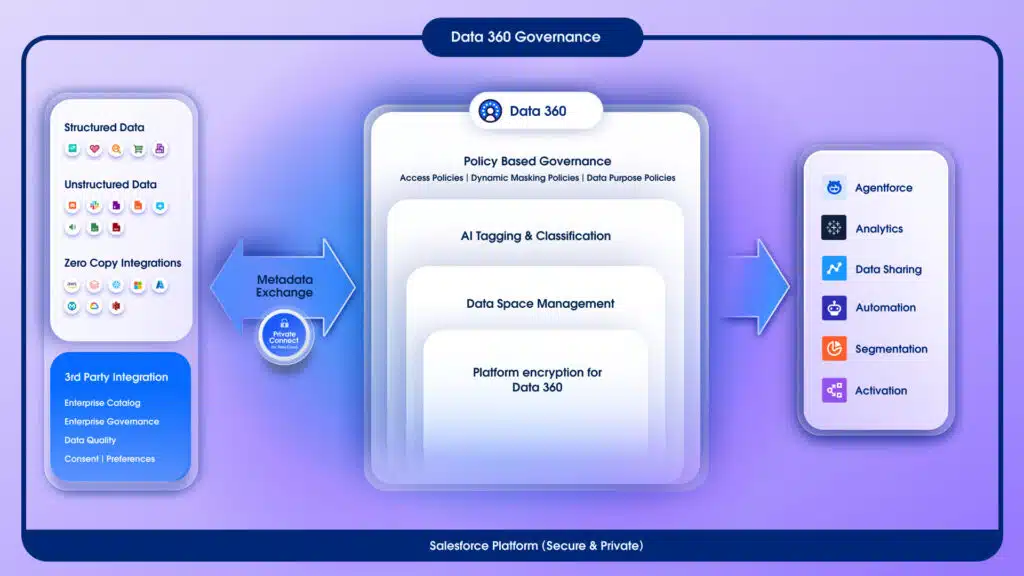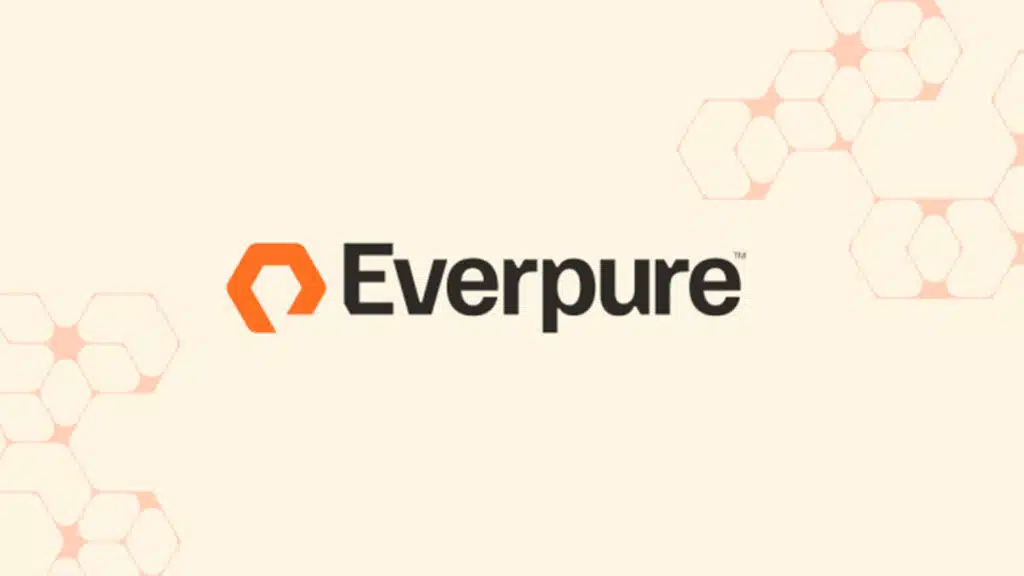The News: Google Cloud will no longer charge transfer fees for customers who want to migrate all their data to another cloud provider or an on-premises data center. You can learn more by reading this blog on the Google Cloud website.
Google Cloud Drops Data Transfer Fees
Analyst Take: Google Cloud’s elimination of data transfer fees marks a significant shift in the public cloud market. Google Cloud is the first of the three major hyperscalers to eliminate these transfer fees, also known as egress fees. Like Amazon Web Services (AWS) and Microsoft Azure, Google Cloud has faced criticism for years about egress fees. Smaller cloud providers will try to win customers by promising no egress fees. That marketing strategy has not really had much of a negative impact on AWS, Microsoft Azure, and Google Cloud, though, as the big three still dominate the market. That is why it was surprising to see Google take this tactic.
There are caveats with this announcement. Customers must move all their data out of Google Cloud to be eligible for the free transfer credits. They must first apply and be cleared by Google, and then move all the data within 60 days of approval. The free transfers cover data residing in Google Cloud’s BigQuery, Cloud Bigtable, Cloud SQL, Cloud Storage, Datastore, Filestore, Spanner, and Persistent Disk. Even with limitations, the credits can save some companies substantial fees if they want to get off Google Cloud.
Google’s move could pressure its larger rivals AWS and Azure on competitive and legislative fronts. In the past, public cloud price changes have had a domino effect. When one of the big three cut or raised prices, the other two often followed. We expect that will happen now, and AWS and Azure will follow Google’s lead on transfer fees.
The other development worth watching is what this means for anti-trust investigations under way in the US, UK, and European Union. Regulators in all three geographies have investigated or plan to investigate the role of egress fees in anti-competitive practices. This change by Google might influence broader industry practices, especially under the increasing regulatory attention.
While this is a good move for its customers and can provide Google with a competitive advantage over AWS and Azure—at least in the short run—we have to believe Google’s motivation also includes currying favor with regulators by taking action they would eventually be forced into. This approach places pressure on AWS and Azure to do the same.
Looking Ahead
We believe this move will be well received by customers, and AWS and Azure will soon follow Google’s lead. Whether this increased the move we are seeing for enterprise customers to consider repatriation of data from public clouds to on-premises, it is too early to say. However, we do not see many companies moving all of their data from one cloud to another or from cloud to on-premises. One area where this can be particularly helpful will be long-term data archiving because egress fees are a barrier to moving large amounts of archival data.
Because of the limits of this free transfer program, we do not expect it will have a huge revenue impact for Google Cloud. However, it could save Google hundreds of millions or even billions of dollars in fines from regulators. Amazon and Microsoft might agree.
We do see this move as wise by Google to get ahead of regulatory pressure and gain first-mover advantage of what was likely to happen anyway. We will never know what happened in the darkened rooms with the regulators, but we believe Google has made prudent progress with this announcement.
Disclosure: The Futurum Group is a research and advisory firm that engages or has engaged in research, analysis, and advisory services with many technology companies, including those mentioned in this article. The author does not hold any equity positions with any company mentioned in this article.
Analysis and opinions expressed herein are specific to the analyst individually and data and other information that might have been provided for validation, not those of The Futurum Group as a whole.
Other Insights from The Futurum Group:
Talking Cloud Cost Economics with Senior Strategist Randy Kerns – Infrastructure Matters, Episode 16
Anti-trust Lawsuits Filed Against Google








